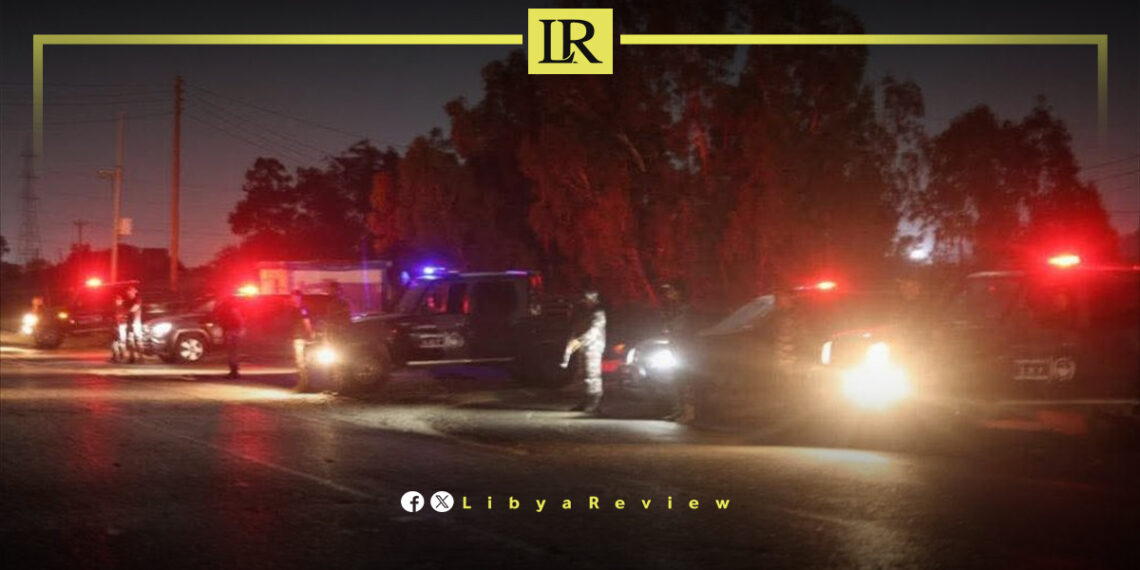Heavy clashes broke out late Thursday in the Ain Zara district, south of the Libyan capital Tripoli, between armed groups led by Hakeem Al-Sheikh and Al-Madghouta, according to eyewitnesses and local sources.
Residents reported intense gunfire in the vicinity of the Diplomatic District, with sounds of heavy and light weapons echoing across the area. No official statement has yet been issued by security authorities regarding the cause or casualties of the fighting.
Ain Zara is considered one of the most sensitive security zones in southern Tripoli. It frequently witnesses sporadic movements and confrontations between non-state armed formations, raising fears among residents of renewed urban conflict within densely populated neighborhoods.
The latest violence underscores the ongoing fragility of the security situation in Tripoli, despite repeated government pledges to curb the influence of militias and unify the city’s security apparatus under state control.
Libya has been in chaos since a NATO-backed uprising toppled longtime leader Muammar Gaddafi in 2011. The county has for years been split between rival administrations.
Libya’s economy, heavily reliant on oil, has suffered due to the ongoing conflict. The instability has led to fluctuations in oil production and prices, impacting the global oil market and Libya’s economy.
The conflict has led to a significant humanitarian crisis in Libya, with thousands of people killed, and many more displaced. Migrants and refugees using Libya as a transit point to Europe have also faced dire conditions.
The planned elections for December 2021 were delayed due to disagreements over election laws and the eligibility of certain candidates. This delay has raised concerns about the feasibility of a peaceful political transition.
Despite the ceasefire, security remains a significant concern with sporadic fighting and the presence of mercenaries and foreign fighters. The unification of the military and the removal of foreign forces are crucial challenges.


